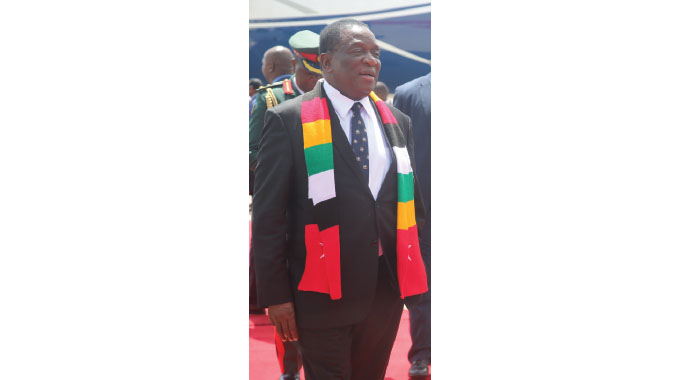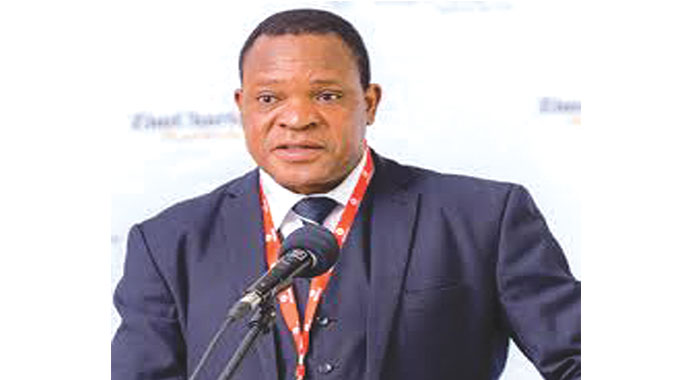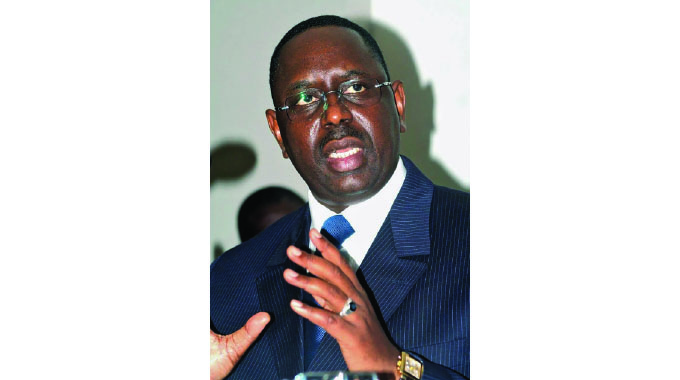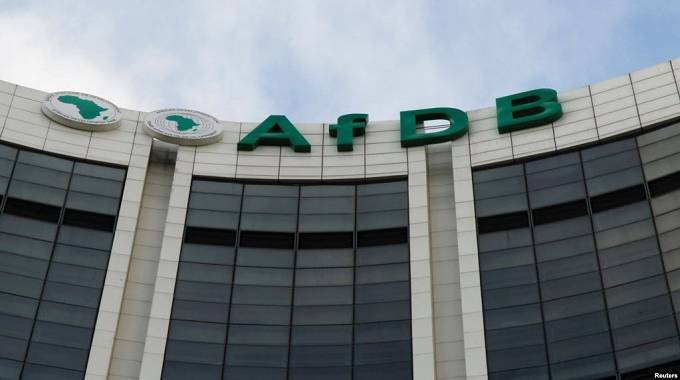
The Sunday News

Vusumuzi Dube recently in Dakar, Senegal
THE just ended Dakar 2 Feed Africa Summit that was held in Dakar, Senegal has seen Zimbabwe leading the pack in the continent in reclaiming its status as Africa’s bread basket.
There was consensus for all the 20 countries that attended the summit that the major resolution was for the African continent to boost support for the agriculture sector so that food sovereignty is achieved so as to reduce the food import bill which is pegged at US$1 billion.

Dr Anxious Masuka
The Russia-Ukraine conflict has also had an immediate impact on Africa’s food security, with the continent importing at least 30 metric tonnes of food- especially wheat, maize, and soybeans- from both countries.
The three-day summit saw the Heads of State that attended deliberating on means of laying out action-driven discourse on how Heads of State could mobilise government resources and leverage development partners and private sector financing to harness Africa’s food and agriculture potential and turn advocacy efforts into concrete actions.
Zimbabwe’s transformation story of the agriculture sector emerged as one of the major talking points during the summit, with the majority of the countries glee with envy at how the country managed to produce its highest wheat harvest in over 56 years.

AfDB president Akinwumi Adesina
The country that at one point held the status of being the continent’s bread basket is well on course to reclaim this tag with Agriculture Ministry even revising its strategic grain reserve to ensure that the country is sufficient for the next three seasons.
Speaking after the summit, Minister of Lands, Fisheries, Water and Rural Development, Dr Anxious Masuka said all systems were in place to ensure that the country reclaims the bread basket tag but pushing it a notch higher to also venture into agro-processing.
“Africa imports US$100 billion worth of food from Europe. Just four years ago the continent was importing food worth US$45 billion, now food insecurity has worsened in Africa but Zimbabwe is doing the exact opposite where we are plugging the gaps to ensure that we are food self-sufficient.
“The Zimbabwe template is working and can be replicated. It is all about looking at your inner sanctum to be able to do what you want to do. It is to be able to have a vision. The vision that the President has, that we must be food sufficient and that we must begin to generate sufficient for our strategic grain reserve which is why we have revised it from 750 000 metric tonnes to 1,5 million metric tonnes so we can carry sufficient stock to buffer the country for three seasons,” said the Minister.

Senegalese President Macky Sall
He said the Russia-Ukraine conflict should serve as a lesson to African countries on the importance of producing their own food without having to rely on Europe to get their imports.
“Europe has a narrative that Africa is not receiving grain because there is a blockage of trade because of the Russia-Ukraine conflict. We however believe this is an opportunity for Africa to begin to produce enough for itself.
“It is the response to the crisis that is different, the response is that let us look within ourselves and begin to produce for ourselves so that Africa can assure itself of food sovereignty,” said Dr Masuka.
Speaking on the importance of attaining food sovereignty, Africa Development Bank (AfDB) president Akinwumi Adesina said Africa had the potential of becoming food self-sufficient but they now had to turn that potential into actual reality.

AfDB co-hosted the summit with Senegalese President Macky Sall.
“Potential, backed by enabling policies, a conducive business environment, and innovative technologies, is what creates harvests, nutritious food on the table, and wealth across agriculture’s vast value chain.
The transformation of Africa’s food production is critical for achieving Zero Hunger — a key UN Sustainable Development Goal.
“Africa is more than capable of growing its own food and boosting production. To truly become a new agricultural investment frontier, it must invest massively in key rural road, storage, and processing infrastructure. It must build climate-smart agricultural systems all along the food value chain,” said Mr Adesina.
The AfDB president further noted that the creation of agro-industrial processing zones will see the continent attracting back public and private investors to exponentially grow food production.

African Development Bank
“The removal of barriers to Africa’s agricultural development could increase output from US$280 billion per year to US$1 trillion by 2030. Clearly, the benefits of transforming Africa’s agriculture sector are enormous and self-evident.
“Visionary leadership can and must turn potential into real opportunities. It can transform rural communities from zones of despair into wealth creating zones. I believe Africa is primed to do so,” said the AfDB president.
“Africa’s leaders must continue to implement a range of policies that are people-friendly, business-friendly, and environmentally friendly. These must be policies that modernise and mechanise agriculture, promote the use of food production technologies, expand irrigation systems, protect ecosystems, boost food production and increase exports,” he added.



